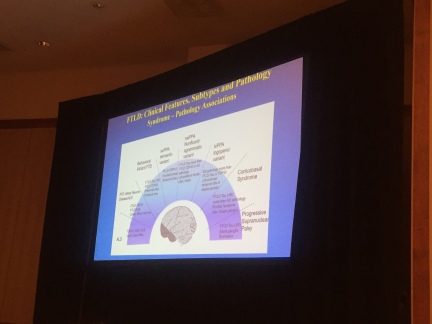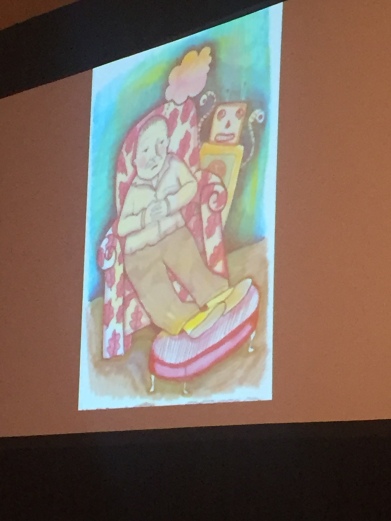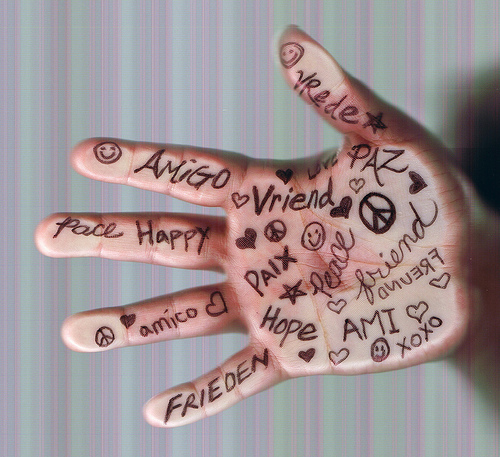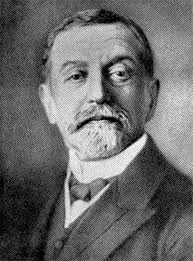Happy Father’s Day to all those men out there who are dads, granddads, stepfathers, foster dads, and those who step up when dads are absent, including the many mothers who do double duty.
Today, we honor those men who are or have been in our lives to guide, teach, support and love us. For those of us whose father is no longer with us, it is a day filled with memories, hopefully good ones, and love. My fatherly experience was very good. My dad was a hard-working, dignified, decent man who loved his family. He died in 2000 at the age of 68 from the lung cancer that had been growing, despite his smoking cessation fifteen years before. My father-in-law also met the same fate at the age of 44. My husband was 19 when he died and had been looking forward to spending his adult years sharing good times with his dad. My brother-in-law was 11. His dad’s death at such a young age had a significant effect on his life. So, our Dad longevity track record is not very good. My husband loved his boys. Although they were grown men when FTD made its appearance, it still had a devastating effect on them, as it does on all of us.

“Dad” memories for me are filled with Christmases – all of us in his and Mum’s bed on Christmas morning, him trying on a new gifted hat in his pajamas. With summer vacations, candy and comics on a Friday night (payday). Walking half a mile down the road to meet him from work, just so I could get a ride home on the back of his motorcycle. The “What time d’you call this?” nights. The “yes, I suppose I’ll come and get you” midnight response to my pleading phone calls when I missed the last bus. (I was banking on the fact that by the time he got to me his fury would have subsided, which it always did). The memories of my dad include family Sunday dinners and early morning breakfasts together, just the two of us, then he would take me to meet my ride for work. Happy times. I was shielded from a lot of the ugliness in the world and will always love him and my mother for ensuring that my brother and I had such a happy childhood.
He made some mistakes my dad, which meant that we did not see each other as much as I would have liked when I was older. He married another woman after divorcing my mother to whom he was married for over twenty-five years. I was married and in my own home by that time, but the realization that he wanted something other than “us” was shocking to me. We saw each other of course, but it was difficult for me get over the fact that he had wanted to destroy our family unit and be a part of someone else’s. But he did and I accepted it because it made him happy. It was hard to watch and be part of but I did it.
When your father has FTD, he becomes like mine did – absent. Thankfully my dad did not “disappear” during my formative years, but after I was grown, but it was still hard. Having your dad at home while having FTD is painful. It makes you angry and resentful. Why can’t you be like other dads? Even though my sons were adults, it was so difficult for them to watch, I know. My elder son, Chris, was living in another state at the time, so he lived it vicariously through his brother and I. He would call and talk to his dad, and as time went by the conversations became more and more one-sided. But Alan so loved the calls, even though he could not speak very well. Just the contact made him feel “normal” again I think. My younger son, Adam, lived just around the corner from Alan and I, so he was much more involved in the day-to-day aspects of FTD care. He watched as his dad disappeared slowly into the abyss, feeling helpless. He was very protective of me. We would talk about what was coming next and how we would handle the increasingly bizarre and agitated behaviors. He has told me since that he would dread every text or call from me – anticipating that some dreadful event had taken place. We discussed how cruel it is to watch someone you love go through FTD and that there is no way out until the disease decides it is time.
 Our boys had a close relationship with their dad – one of the ties being football. After we moved to the U.S., we would gather at the weekends, sometimes at 4am, to watch our beloved team play as the game was broadcast live from England. Chris is most like him, but Adam and Alan shared the passion for football the most. It broke Adam’s heart when, as the disease progressed, Alan could no longer sit and focus on the game, getting up and leaving the room to attend to laundry or some other imagined matter more important. His responses to the game would be to repeat comments by either Adam or the commentators. He had lost his passion for the game and the very essence of who he was. It was hard for Adam to see and it was hard for me to watch as their relationship faded against their will. FTD unremittingly takes every last drop of passion and volition.
Our boys had a close relationship with their dad – one of the ties being football. After we moved to the U.S., we would gather at the weekends, sometimes at 4am, to watch our beloved team play as the game was broadcast live from England. Chris is most like him, but Adam and Alan shared the passion for football the most. It broke Adam’s heart when, as the disease progressed, Alan could no longer sit and focus on the game, getting up and leaving the room to attend to laundry or some other imagined matter more important. His responses to the game would be to repeat comments by either Adam or the commentators. He had lost his passion for the game and the very essence of who he was. It was hard for Adam to see and it was hard for me to watch as their relationship faded against their will. FTD unremittingly takes every last drop of passion and volition.
If you are a child, living with a father who has FTD must be strange to say the least. Protecting one’s children is a priority, so those women who are in this position have to do double duty. Trying to ensure that the children have as “normal” an upbringing as possible, and caring for a partner who has no insight into the terribleness that is being wrought upon the ones they love has to be the most difficult thing they will ever do. It’s doubly heartbreaking for them since they know that their children’s father will never see the dance recitals, track meets, swim meets, weddings and grandchildren that are to come. FTD knows no bounds. Fathers become children before their children become fathers. The slow regression must be, for the children, like welcoming a new baby into the family. But how hard is that explain to your friends? How strange to have to explain your dad’s behavior to your friends. How uncomfortable for you to have your friends over and have your dad act all weird. Some kids of course, take it all in their stride, at least on the surface. They accept and accommodate with the resilience that we know kids have. But the resentment, for which they feel guilty of course, is bound to come. Other kids have parents who divorce, or have cancer, or die in an accident. But these kids of FTD have to live with changing behaviors every day, with no end in sight for several years. They may have to move, change schools, give up things due to financial constraints and lose some of their family or friends because they just don’t understand and fade away. Their dad is around, but unable to go to graduation. Present but unable to contribute at the PTA meetings. At home, but needs a babysitter. Alive, but no longer with us.
So, this Father’s Day, I wish all dads a lovely day. But I send the FTD kids a special wish that somehow, their life will be enriched by the experience of being forced to care. That they will one day understand how important they were in their dad’s life. And that they will be able to celebrate future Father’s Days with fond memories from better times.
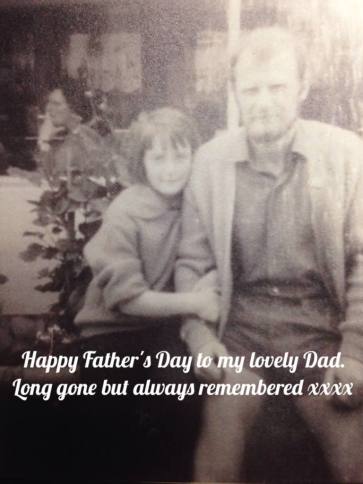






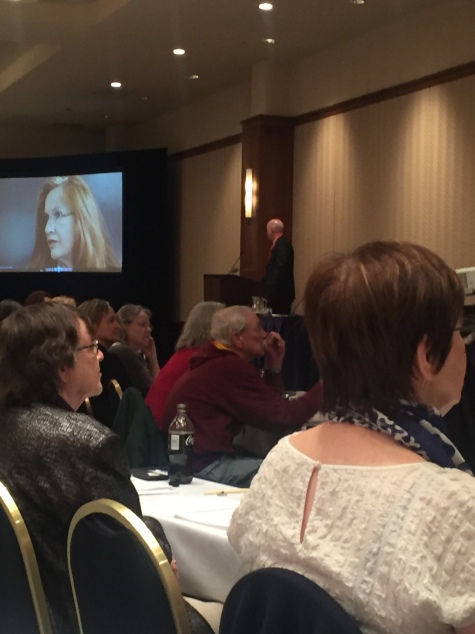 Susan is diagnosed with the PPA variant of FTD and is a tireless and charismatic champion of the cause. You can see more of Susan’s courageous and powerful story in
Susan is diagnosed with the PPA variant of FTD and is a tireless and charismatic champion of the cause. You can see more of Susan’s courageous and powerful story in 